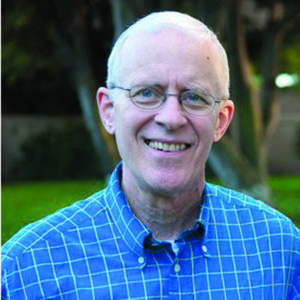
“We’ve never seen such devastation.” “We just got out with our clothes on our backs.” “We’ve been able to go back to our home. All that’s left are ashes.”
You’ve probably heard these and other expressions of grief and shock. With 10% of Oregon’s population in evacuation zones, it’s likely that you know someone personally who has lost their home and livelihood or is in danger of such. We’ve gotten used to hearing of wildfires in California, but never expected this kind of destruction and loss to reach Oregon and Washington.
Christ-followers have ministered amidst tragedy many times before, whether it be floods or earthquakes. But I don’t know if the extent and magnitude of these fires has been faced before. Christians are showing compassion, as they open their churches to be places of respite.
The Bible wisely says, “Singing cheerful songs to a person with a heavy heart is like taking someone’s coat in cold weather or pouring vinegar in a wound.” (Proverbs 25:20) So, this situation calls for compassion. Yet, we must communicate with them that Christ offers them something that can’t be touched by storms.
Most of us will never face the magnitude of loss that these wildfire victims have, but all of us will face the moment of death, when we will let go of everything we possess, including the clothes on our backs. None of our possessions can survive the fire of death. As has been said, “Naked I came from my mother’s womb, and naked I will leave this life.” (Job 1:21)
Jesus warned us not to seek life in our possessions. They are inanimate objects that cannot impart life. He said, “Guard against every kind of greed. Life is not measured by how much you own.” (Luke 12:15) He also said, “Do not store up for yourselves treasures on earth, where moth and rust destroy, and where thieves break in and steal. But store up for yourselves treasures in heaven, where moth and rust do not destroy, and where thieves do not break in and steal. For where your treasure is, there your heart will be also.” (Matthew 6:19–21)
While these things are true, in light of people’s shock and grief, we must be sensitive to the Spirit of God to know how much to share. The Christ-followers at Thessalonica were sad that fellow Christians had died. The Apostle Paul told them that they should not grieve “like the rest of men, who have no hope.” (1 Thessalonians 4:13) He wasn’t saying that it’s wrong for Christians to grieve, but that our grief should look different than the person who has no hope beyond the grave.
Some of you are in a position to offer evacuees tangible help, and that’s wonderful. But all of us can pray for the evacuees who know Christ to be good witnesses to the fact that their real hope and security lies in their relationship with Jesus.
And we should pray that the not-yet-Christian evacuees will experience the Lord’s comfort and that their hearts and minds will be receptive to the gospel.
By the way, it was this date, September 12 in 1971, that I understood the gospel and invited Jesus into my life.
No Comments
Leave a comment Cancel